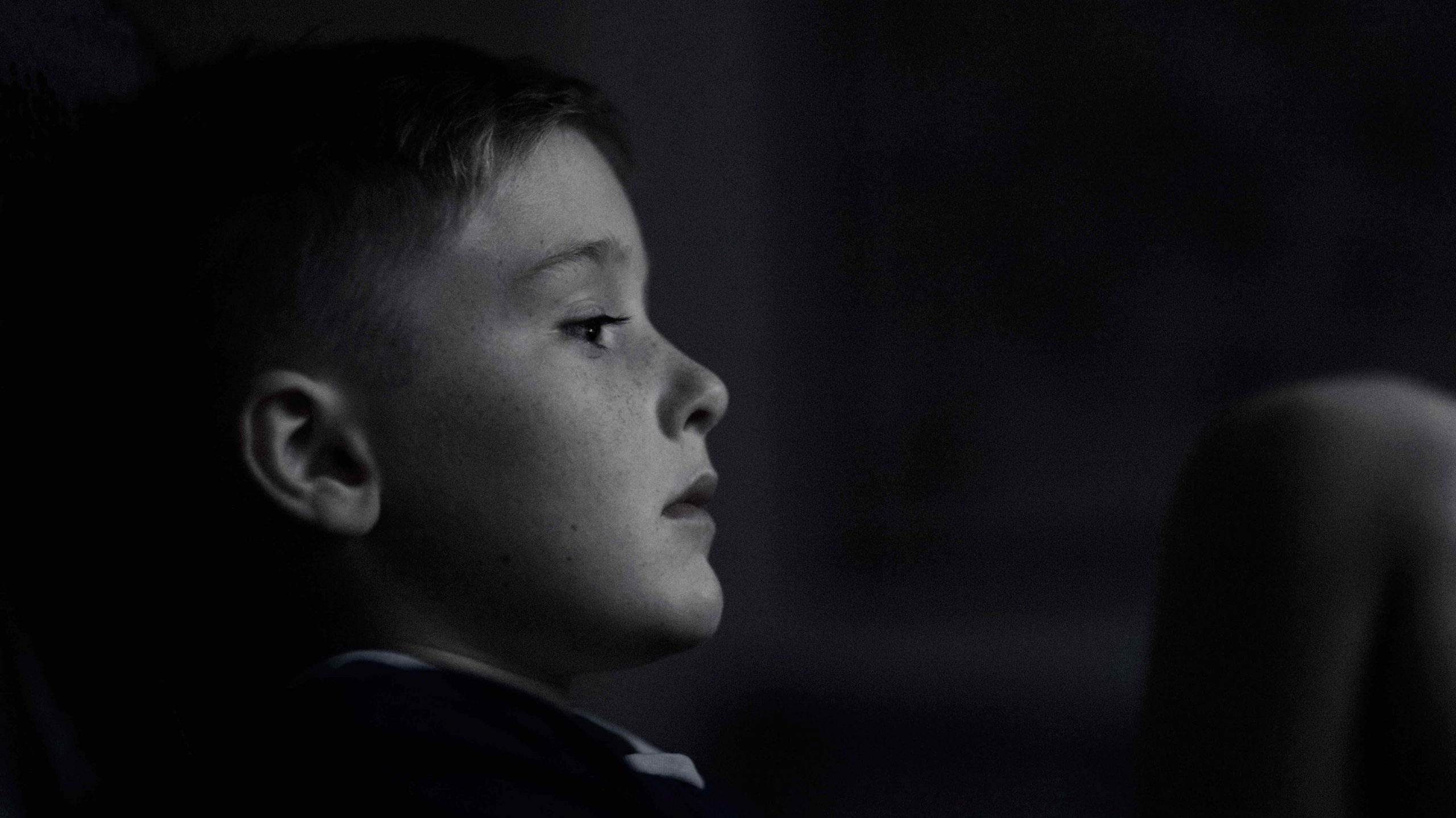The Welsh Government has announced free school meals for all primary school children by 2023 but will this really end the UK’s highest child poverty rate?

After his father was made redundant, Adam Johannes watched his mother count every penny as she wrote the shopping list to ensure they could afford it.
“Sometimes, no matter what she crossed out, the sums wouldn’t add up. We’d just have to go without the essentials that week, and she would just burst into tears,” said the founder of Cardiff People’s Assembly Against Austerity.
This was almost 40 years ago and yet is the reality of more than 30 percent of children in Wales today, the highest child poverty rate of any UK nation according to children’s charity Save the Children.
Six years ago, the Welsh Government set out a mission to eradicate child poverty by 2020. Not only has this been unsuccessful but the number of children living in poverty is expected to increase. The Institute of Fiscal Studies predicts 40% of children in Wales will live in poverty by the end of this year.
On 22 November, Labour and Plaid Cymru announced a policy that would provide free school meals for all primary school children by 2023.
Although many have welcomed the proposal, eradicating child poverty in Wales will take more than offering free school meals, argues Adam.
The issue of the two-child tax credit limit
The Wales development manager of Child Poverty Action Group Ellie Harwood suggests abolishing the two-child tax credit limit. This policy restricts parents from claiming benefits for third or subsequent children who are born on or after 6 April 2017.
The two-child limit was introduced as a way to cut £1 billion a year from the welfare bill. It also aims to encourage families to consider their financial situation before having a child.
However, Ellie argues the number of children you have is not always an active choice and for many, conception is not always pre-planned.
As well as this, the future is unpredictable. From relationship breakdowns to family sickness, many things can alter a person’s financial state.
The two-child tax credit limit will put an additional 300,000 UK children into poverty
The pandemic alone saw the number of claimants for unemployment benefits more than double between March and May 2020, according to the UK government.
This policy not only affects those who fall into poverty unexpectedly but it disproportionately affects families of faith. Many of whom value the creation of life and refrain from contraception and abortion.
The long-term effects of this policy will not be apparent for another 10 years. However, the Institute for Fiscal Studies estimates the two-child limit will put an additional 300,000 UK children into poverty.
In Wales, those affected by this policy receive £3,000 less a year than they would have got otherwise, according to the Welsh Government.
The social impact of child poverty
There is also the social detriment that comes with being in poverty. Ellie argues these children are subject to “judgement, stigma and shame” for a situation entirely out of their hands.
Many schools in Wales use a cashless catering system with biometrics to reduce bullying. Through this system, all students use the same method of paying, protecting those who get free school meals.
A teaching assistant from Cardiff said, “A pupil’s financial situation is something that should remain private. This system reduces the opportunity for bullying and singling children out.”
However, the issue goes beyond school meals. A teacher from South Wales said pupils would borrow PE kits but have new phones, which he thought was “nuts”.
His parents decided to buy a new phone rather than the PE kit to avoid humiliation and social exclusion
After speaking to the parents, he quickly discovered the family was not abusing school policy but instead choosing between necessities.
When a pupil’s group of friends started playing an online game, they asked why he wouldn’t join them. He didn’t want to tell them it was because his phone was too old to download the app. His parents decided to buy a new phone rather than the PE kit, to avoid humiliation and social exclusion.
The teacher said, “They didn’t want his friends realising they were poor, so the parents prioritised the money on that.”

Digital accessibility for children in poverty
For those living in poverty, choosing between necessities is a constant battle. Having fewer assets means they are more reliant on public services.
This goes beyond public transport and health services and includes public libraries, often used for internet access.
In 2016, the United Nations declared internet access a human right. This was made apparent during Covid-19, particularly for children as they were taken out of their classrooms and taught online during lockdowns.
According to Nesta, 15 percent of children in Wales experience data poverty. This increases to 34 percent in households with three or more children.
The Welsh Government administered 133,000 electronic devices to help children access education during the pandemic. However, Child Poverty Action Group found not all those who needed these devices received them.
Ellie explained that some schools and local authorities only offered those on free school meals the devices.
As less than half of children living in poverty are eligible for free school meals, this meant 75 percent of those who needed devices couldn’t get them.
So what can the Welsh Government do to ensure their mission is a success? “It’s perfectly possible to eliminate poverty,” says Ellie. However, it’s unlikely that simply giving free school meals to all primary school children will do it.
Through a mosaic of policies, including revision of welfare policies and increasing digital inclusion, Wales could significantly decrease its poverty rates. However, without these necessary changes, it seems too many children in Wales will continue to watch their parents counting every penny.
